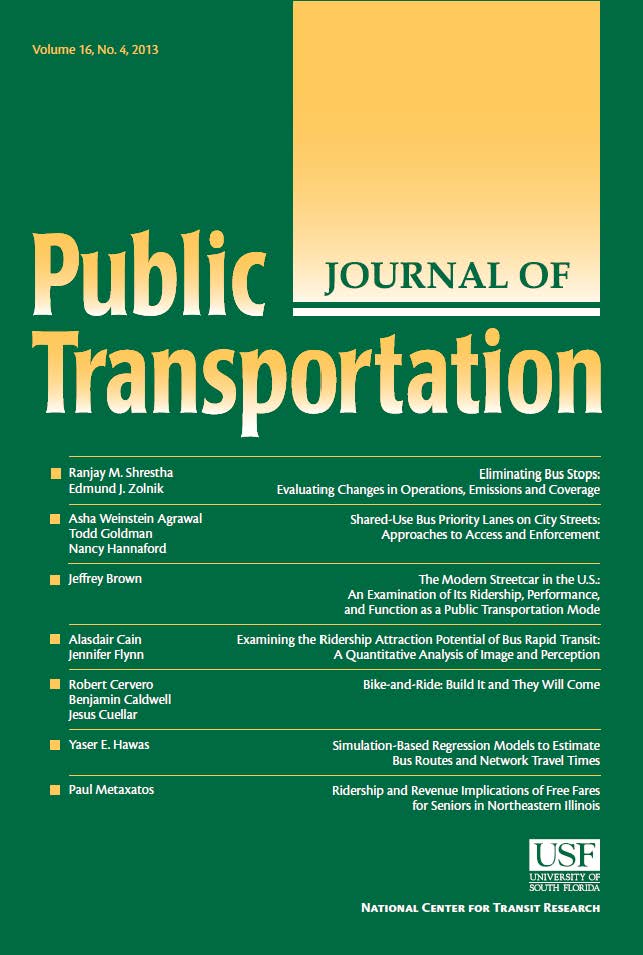Predicting and analyzing ferry transit delays using open data and machine learning
IF 2
4区 工程技术
Q3 TRANSPORTATION
引用次数: 0
Abstract
The utilization of public transport data has evolved rapidly in recent decades. Ferries, with their unique characteristics and sensitivity to weather conditions, pose significant challenges for delay prediction. Given their pivotal role in the transportation systems of numerous cities, accurately predicting ferry delays is crucial for synchronizing transit services.
This paper demonstrates the value of open data for improving ferry delay predictions through machine learning, focusing on two case studies. Our approach leverages General Transit Feed Specification (GTFS) data, ridership and vessel information, and hourly weather data, combined with SHAP explainable artificial intelligence analysis to assess key delay determinants. While support vector regression and deep neural networks showed high accuracy in individual case studies, gradient boosting consistently offered the best balance between prediction accuracy and computational efficiency. Moreover, SHAP analysis reveals that operational and temporal features – such as stop sequence, trip start time, headway, and vehicle label – are the dominant drivers of delays, with weather-related factors exerting only a modest influence.
使用开放数据和机器学习预测和分析渡轮运输延误
近几十年来,公共交通数据的利用发展迅速。渡轮由于其独特的特性和对天气条件的敏感性,对延误预测提出了重大挑战。鉴于轮渡在众多城市交通系统中的关键作用,准确预测轮渡延误对于同步运输服务至关重要。本文通过两个案例研究,展示了开放数据对通过机器学习改进渡轮延误预测的价值。我们的方法利用通用运输馈电规范(GTFS)数据、乘客和船只信息以及每小时天气数据,结合SHAP可解释的人工智能分析来评估关键的延误决定因素。虽然支持向量回归和深度神经网络在个别案例研究中显示出较高的准确性,但梯度增强始终提供预测精度和计算效率之间的最佳平衡。此外,SHAP分析显示,操作和时间特征(如停车顺序、行程开始时间、车头时距和车辆标签)是延误的主要驱动因素,与天气相关的因素仅发挥适度的影响。
本文章由计算机程序翻译,如有差异,请以英文原文为准。
求助全文
约1分钟内获得全文
求助全文
来源期刊

Journal of Public Transportation
TRANSPORTATION-
CiteScore
6.40
自引率
0.00%
发文量
29
审稿时长
26 days
期刊介绍:
The Journal of Public Transportation, affiliated with the Center for Urban Transportation Research, is an international peer-reviewed open access journal focused on various forms of public transportation. It publishes original research from diverse academic disciplines, including engineering, economics, planning, and policy, emphasizing innovative solutions to transportation challenges. Content covers mobility services available to the general public, such as line-based services and shared fleets, offering insights beneficial to passengers, agencies, service providers, and communities.
 求助内容:
求助内容: 应助结果提醒方式:
应助结果提醒方式:


